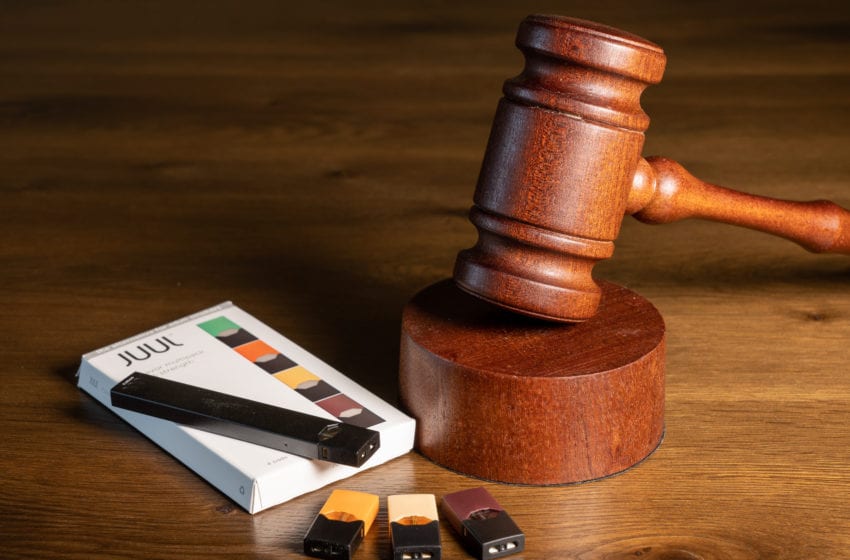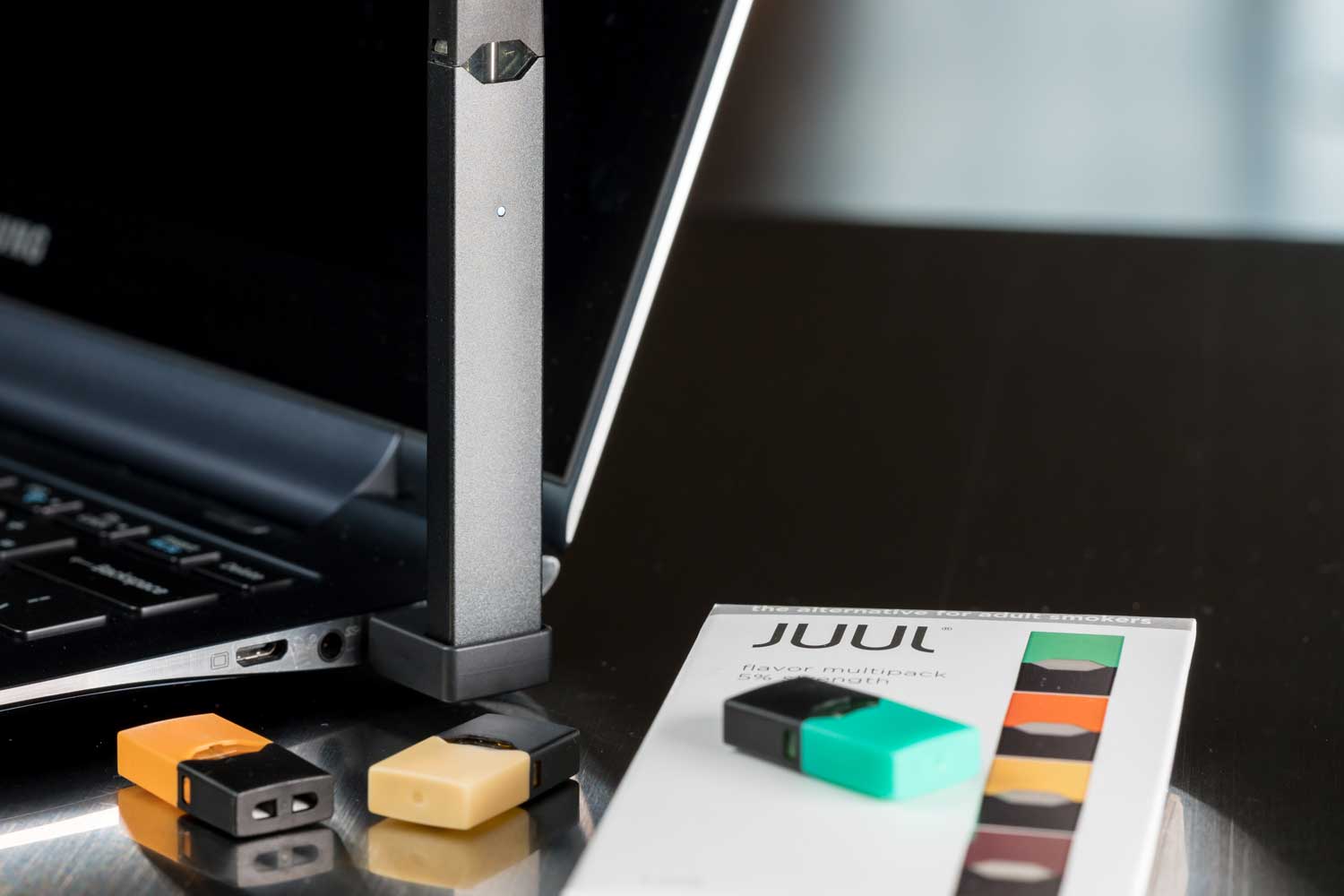Juul Labs Class Action Inches Closer to Trial
- Litigation News This Week
- July 23, 2021
- 3 minutes read

Credit: Steheap

An expansive class action lawsuit against Juul Labs inched closer to trail when a federal judge advanced conspiracy and fraud claims against the company’s founders, board members and biggest investor, Altria Group, reports Court House News Service.
On July 22, U.S. District Judge William Orrick III refused to dismiss the bulk of claims filed by 19 plaintiffs in 14 states. The suit accuses Juul and its leaders of intentionally using deceptive ads and marketing campaigns to get young people hooked on vaping to create a new generation of nicotine addicts.
The plaintiffs say Juul failed to warn consumers that its e-cigarette products were highly addictive and that the company falsely claimed in ads and labels that its prefilled pods contained 5 percent nicotine, the same amount in a pack of cigarettes, when the pods contained much higher levels. They also say Juul fraudulently marketed its vaping products as a “safer alternative” to combustible cigarette smoking.
The plaintiffs seek to hold Juul and Altria Group, liable for fraud, negligence, negligent misrepresentation, strict product liability and medical monitoring.
Judge Orrick rejected requests by Juul founders and top executives James Monsees and Adam Bowen to dismiss the claims against them, finding the plaintiffs “adequately alleged that both Monsees and Bowen engaged in acts that had the intent and impact of misleading the public and plaintiffs about the dangers of Juul.”
Orrick also rejected Altria’s motion to dismiss, citing meetings that occurred between Altria and Juul in California regarding the development of “business agreements and arrangements through which Altria supported [Juul]’s manufacturing, regulatory, marketing, and distribution efforts and how Altria’s efforts through [Juul] in California achieved their common goals.”
Orrick found many of the arguments made by Altria and Juul’s founders and directors cannot be adequately evaluated until a later stage of litigation when more evidence is available for a jury or judge to scrutinize.